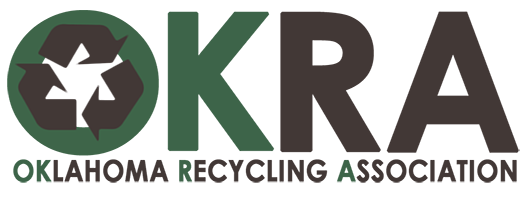Print or download the World's Shortest Recycling Guide (PDF)
|
Good to recycle
|
Bad to recycle
|
Notes
|
| Unbroken glass containers Clear is the most valuable. Lids can go with metal. |
Ceramics, pyrex, tableware, windows, lightbulbs, mirrors. Broken glass is hard to sort. | Only bottle glass is acceptable. Ceramics contaminate glass. Glass is normally color sorted for recycling. |
| Clean dry newspapers & newspaper inserts |
Rubber bands, plastic bags, product samples, water, dirt, mold or other contamination. | Pack newspapers tightly in large brown grocery sacks or tie with natural twine. Keep dry. |
| Empty metal cans, caps, lids, bands and foil | Full cans, spray cans unless instructed, cans with paint or hazardous waste. | Metals can be recycled again and again. |
| Plastic stamped #1 or #2 on the bottom. Some areas only accept clear plastic or certain shapes. |
Plastic types #3, #4, #5, #6 or especially #7. Caps are usually a different type from the bottle - toss if unmarked. | Even a small amount of the wrong type of plastic can ruin a melt. Much plastic collected for recycling is actually landfilled. |
| Grocery bags, most clear plastic bags especially if marked #2 or #4 | Paper, water, dirt, mold or other contamination. | Reduce your need; reuse bags until they're torn. Use old bags to pick up dog waste. Many grocery stores have a barrel for recycling old bags. |
| Mixed paper: junk mail, magazines, photocopies, computer printouts, cereal/shoe boxes, etc. (some places also take corrugated cardboard and phone books) | Stickers, napkins, tissues, waxed paper, milk cartons, carbon paper, laminated paper (fast food wraps, some food bags, drink boxes, foil), neon paper, thermal fax paper. Any wet or food stained paper. | When in doubt, throw it out.Paper fiber can be recycled about 7 times before it gets too small. Plastic window envelopes are ok. |
| Scrap aluminum such as lawn chairs, window frames and pots | Metal parts attracted to magnets. Non-metal parts. | Aluminum is not attracted to magnets. |
| There is no need to remove labels or bands from cans and bottles. Clean only enough to prevent odors. Do not recycle containers with traces of hazardous materials. Do not recycle dirty or food stained paper. | ||
| Motor oil (never dump into storm drains) and Tires. | Call your garbage company, local quick-lube, tire shop or call 1-800-MOTOROIL. Old oil and old tires are serious problems. |
| Automotive batteries, sealed lead/gel-cell batteries | Keep lead out of the environment; take to an automotive or security dealer for recycling or trade in. |
| Rechargeable batteries (cordless phone, camcorder, shaver, portable appliance, computer, etc.) | Call 1-800-8BATTERY for information. Throw alkaline and heavy duty batteries in trash unless prohibited (See California Universal Waste Note. Nickel-Cadmium rechargeable batteries contain toxins, please recycle. |
| Laser/Ink printer cartridges | Send to one of the many recyclers or refillers. |
| Household toxics (paints, oils, solvents, pesticides, cleaners) | Call your garbage company for advice. Do not dump into storm drains. |
| Computers, eyeglasses, household goods | Donate to charity. Give to a repair shop. |
| This is world's shortest comprehensive USA/Canada recycling guide. Contains generalizations; local procedures may differ. From the Consumer Recycling Guide, "www.obviously.COM/recycle/". ©1997-2006 Evergreen Industries. Remember: Unless you buy recycled products, you are not recycling. | |

